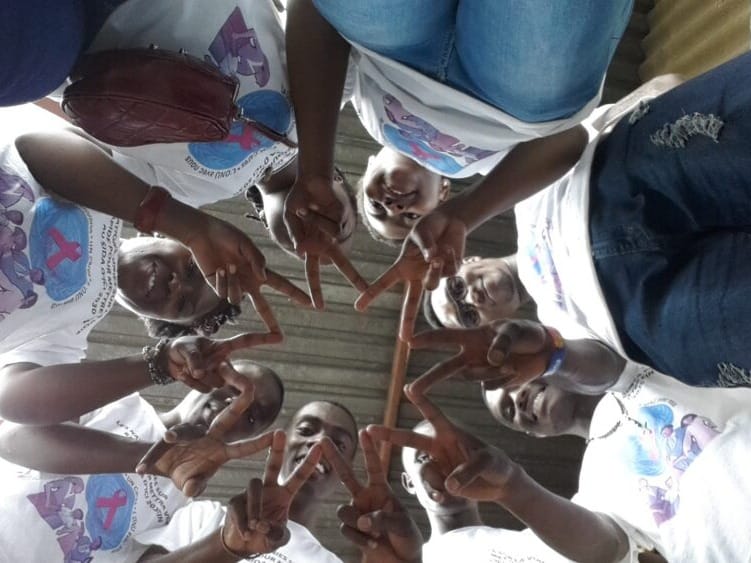GENEVA (AN) — The U.N. agency battling HIV and AIDS is essentially run as an old boys' club that suffers from "failed" leadership and a "broken" work culture, an independent panel of experts found in an investigation of the agency's handling of serious sexual harassment allegations.
The panel's report concluded that UNAIDS has become a toxic work environment where sexual harassment, bullying and abuse of power run rampant, and this is made worse by a culture of impunity and a "patriarchal" management that will take a change in leadership to fix.







